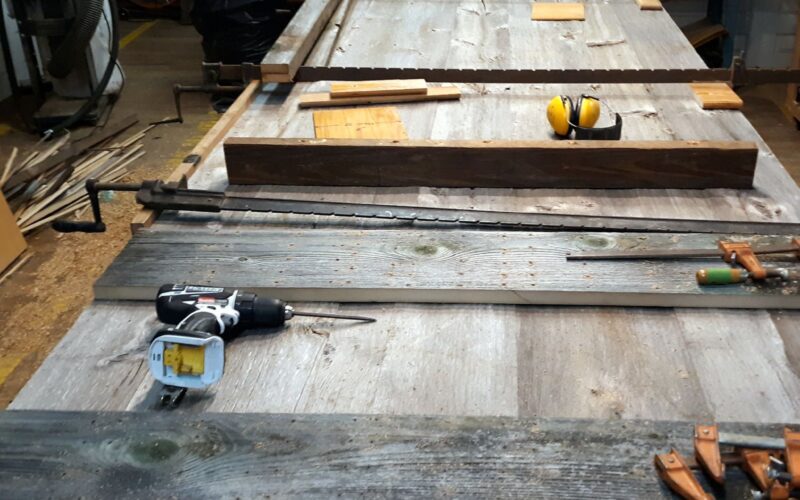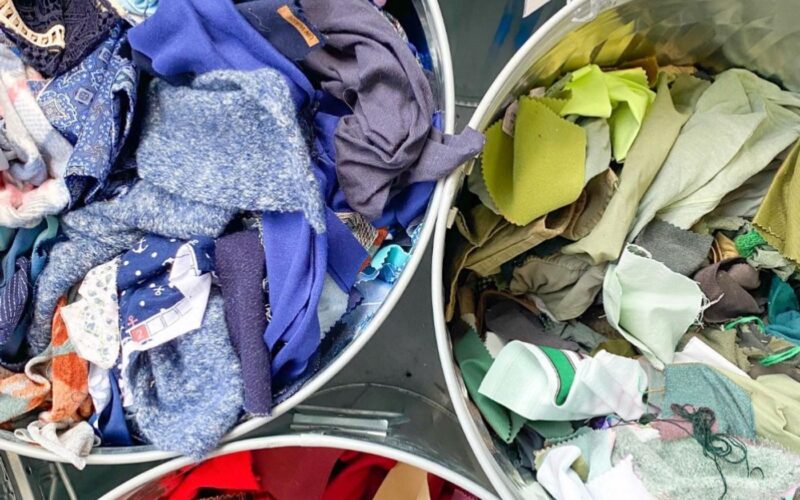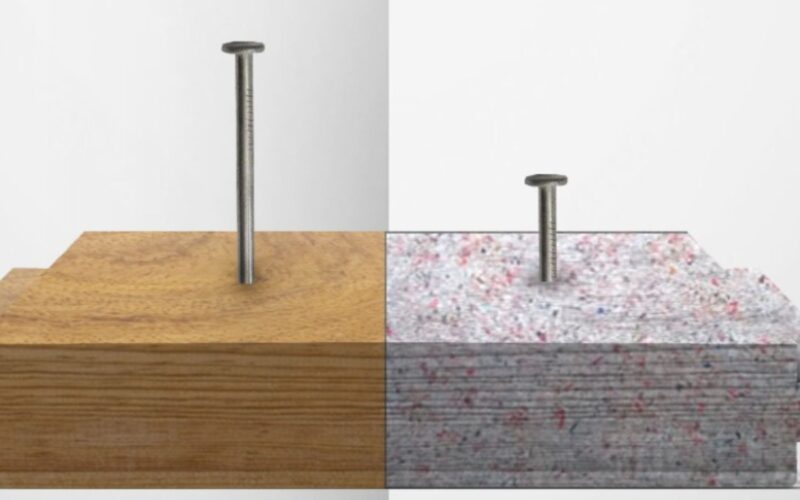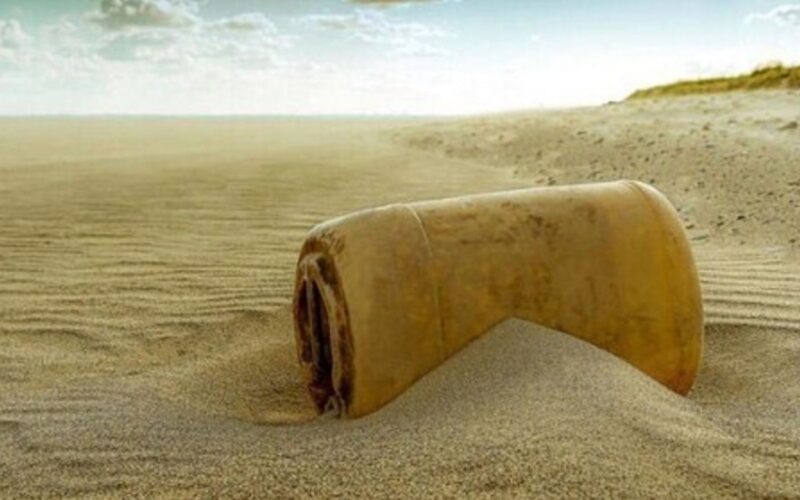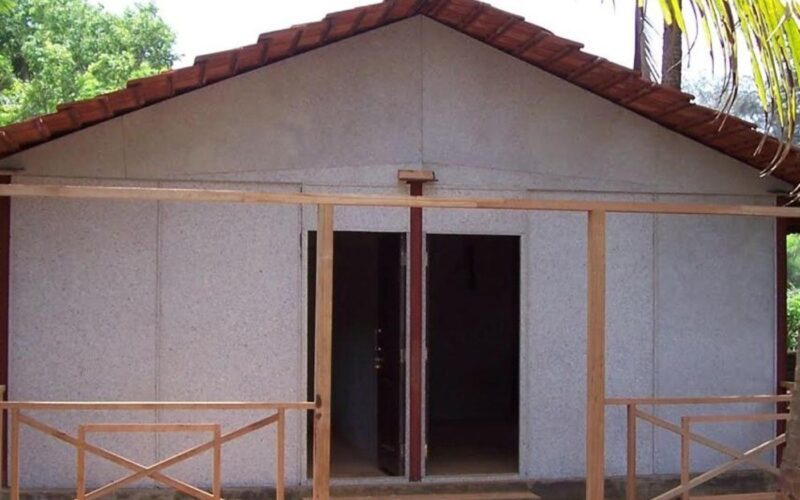4: Reuse Action – Reclaimed and Surplus Building Materials
Urban flight in America in the 1960s resulted in downtowns having empty abandoned buildings and structures. The city governments had to eventually demolish these structures and their debris ended up in the landfills. Our guests Michael Gainer and Ian MacDonald of Reuse Action, who live in Buffalo, NY, started thinking about the millions of dollars the demolishings would cost the city and the taxpayers and its impact on the environment. They believed that methodical deconstruction of the structures can create employment and be an economically viable business. They perform deconstructions and salvage floors, windows, doors, trims, kitchen cabinets, light fixtures and any other parts that can be resold, refurbished or transformed. They sell these articles in their store located on the Eastside of Buffalo, NY. Running a financially viable repurposed and salvage business is challenging with regards to understanding what to salvage, the customers wants and how much they are willing to pay. Learn about this truly sustainable business determined to make a difference in their community and the environment.
#reuse #salvage #mindfulbusinesses #recycle #environment
https://www.reuseaction.com/
https://mindfulbusinessespodcast.com/



